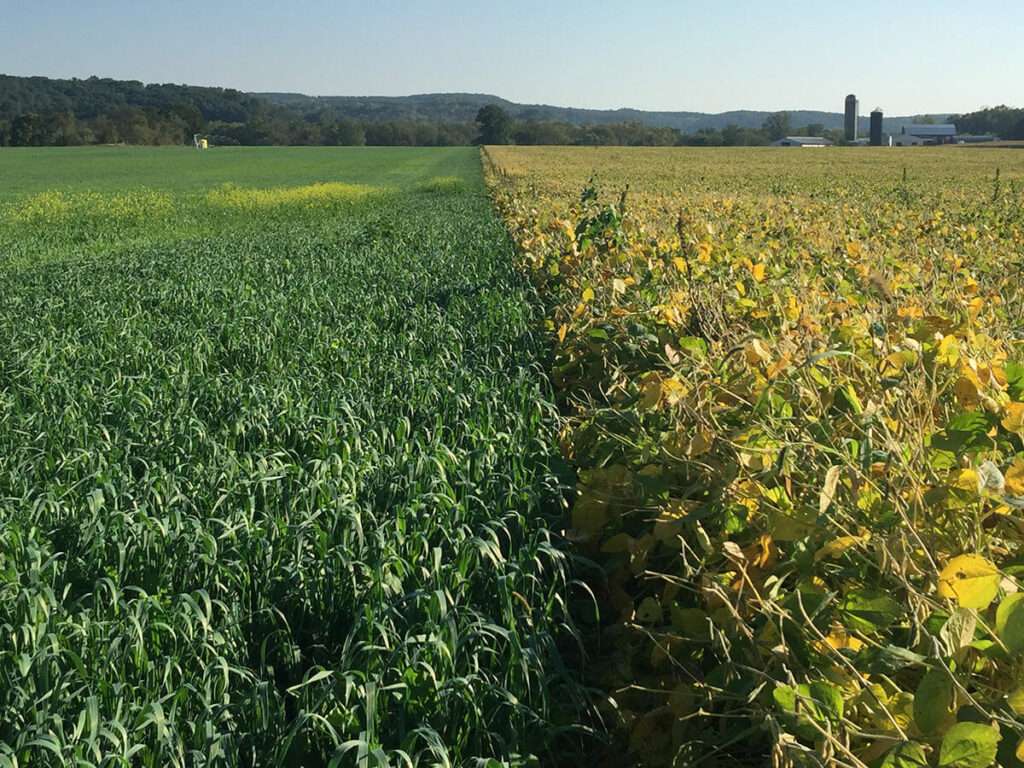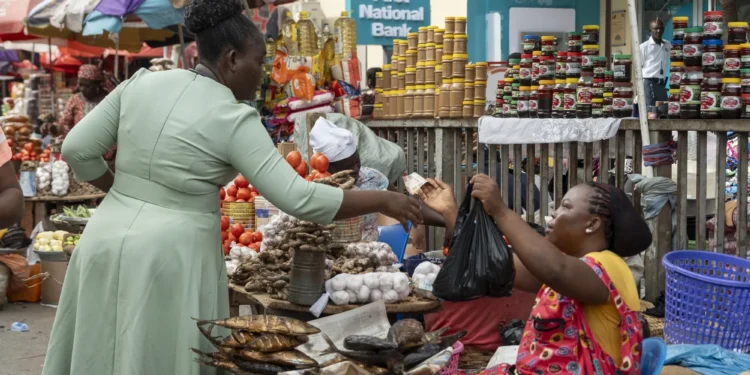Experts have argued that investing in smallholder farmers and agroecology is key to getting Africa out of the current food crisis.
Already battered by the climate crisis and COVID-19, Africa is now facing rising food prices in light of the war in Ukraine. Investing in agroecology and smallholder farmers is the only way out of the crisis, Joseph Mandinyenya, an agroecology specialist with Voluntary Service Overseas (VSO), and Ruchi Tripathi, Global Practice Lead in Resilient Livelihoods, argue.
The UN has highlighted 45 African and least developed nations importing at least one-third of their wheat from Ukraine and Russia.
In a field in Chimanimani, a remote region of eastern Zimbabwe ravaged by Cyclone Idai in 2019, the experts revealed that smallholder farmers produce their organic fertilizer.
“It’s a solution to the more expensive chemical type and, most importantly, will improve the yields. Converting food waste and other natural materials to organic inputs to help improve smallholders’ soil will be more environmentally friendly and allow farmers to weather another potential food crisis.”
Mandinyenya and Tripathi
Agroecology, a climate-resilient farming approach
Agroecology, a climate-resilient farming approach that includes locally appropriate practices such as mulching, propagating local seed varieties, crop rotation, water conservation, and harvesting, leads to greater resilience, says the experts.
A transition towards agroecology enhances nutrition, maximizes production over time, and improves economic stability by diversifying income and showcasing local markets. It promotes indigenous and local knowledge and encourages the participation of local farmers in their food systems.
“It is more than a set of techniques. Agroecology is also a movement of smallholder food producers. It emphasizes local economies and food systems which means shorter supply chains. It will make our food system more robust against extreme climate change-fueled weather and other shocks, such as the instability we are now witnessing in light of the war.”
Mandinyenya and Tripathi

For the past 18 months, local agroecology volunteers working with Voluntary Service Overseas (VSO) and partner Towards Sustainable Use of Resources (TSURO) have trained farmers in Zimbabwe and Mozambique to make organic fertilizer in a bid to strengthen their community’s food security. Assisting them in setting up seed banks, in addition, has helped to reduce their dependence on external inputs such as industrial seeds and chemical fertilizers.
Agroecology is a benefit to all
It’s not just veteran farmers who can benefit from agroecology. Youth comprise the largest population of many African countries. They are the ones who can champion agroecology to address environmental challenges and create green jobs.
According to the Intergovernmental Panel on Climate Change (IPCC), nearly one-quarter (23%) of global greenhouse gas emissions came from agriculture, forestry, and other land-use sectors. “Supporting a transition towards agroecology is a vital part of this solution,” say the experts.
“Smallholder farmers are a much more important global food security force than they’re given credit for. Up to three billion people depend on them for their livelihoods. Governments need to invest in smallholder farmers and their organizations and make agroecology a long-term strategy for addressing food security and fighting climate change. Through agroecology, we can produce more and better, reduce agriculture’s contribution to climate change, and improve the management of our land, soil finance, and natural resources. Today, we need to put a vision of an equitable and resilient food system into action.”
Mandinyenya and Tripathi
Our planet’s ability to feed itself is at stake, and there is no time to lose, the experts revealed.
READ ALSO: Take Pig Farming as a Business- Pig Farmers Association























